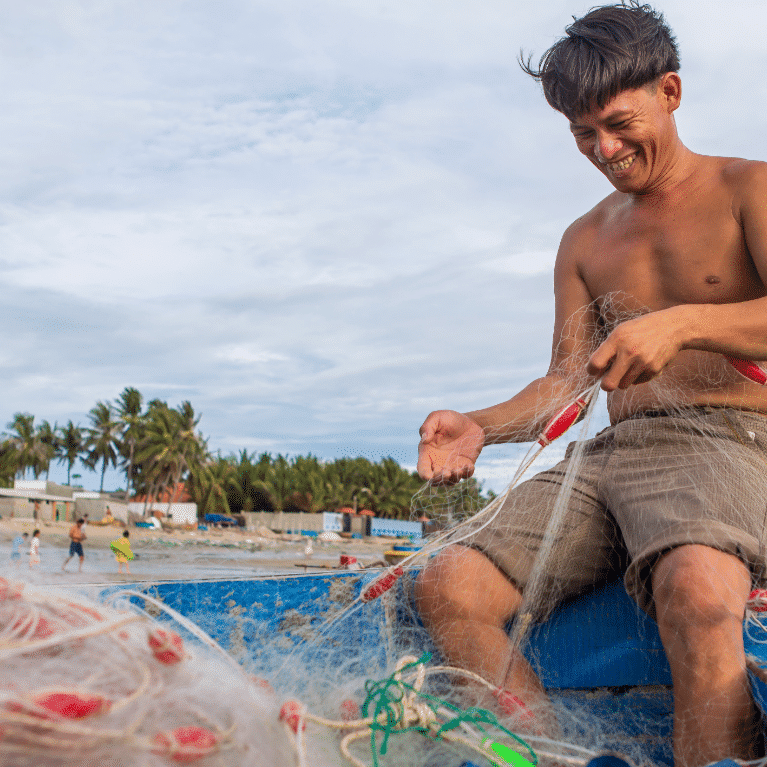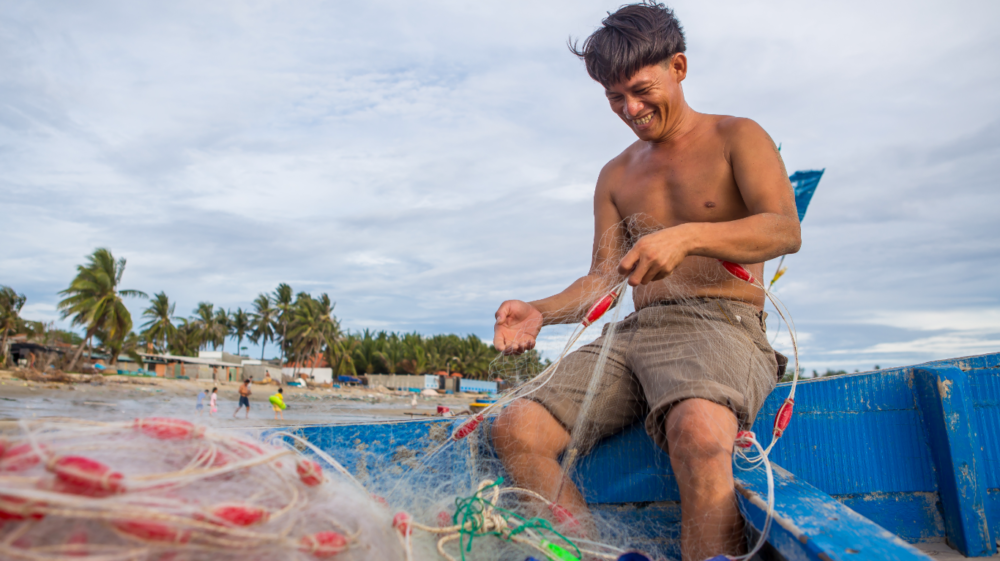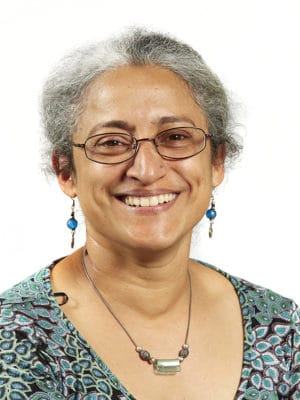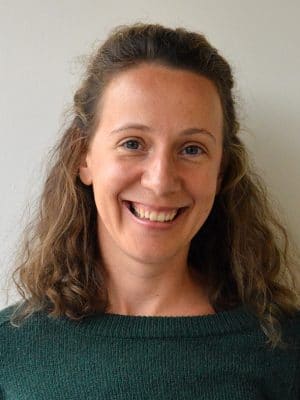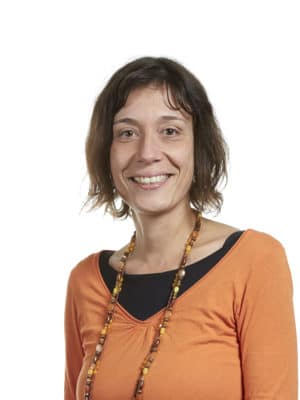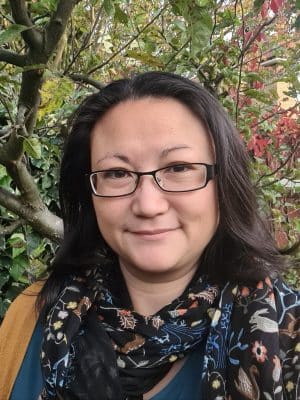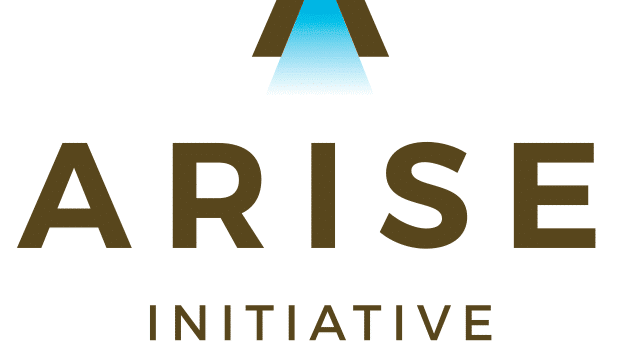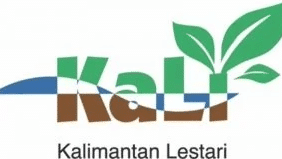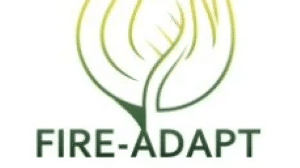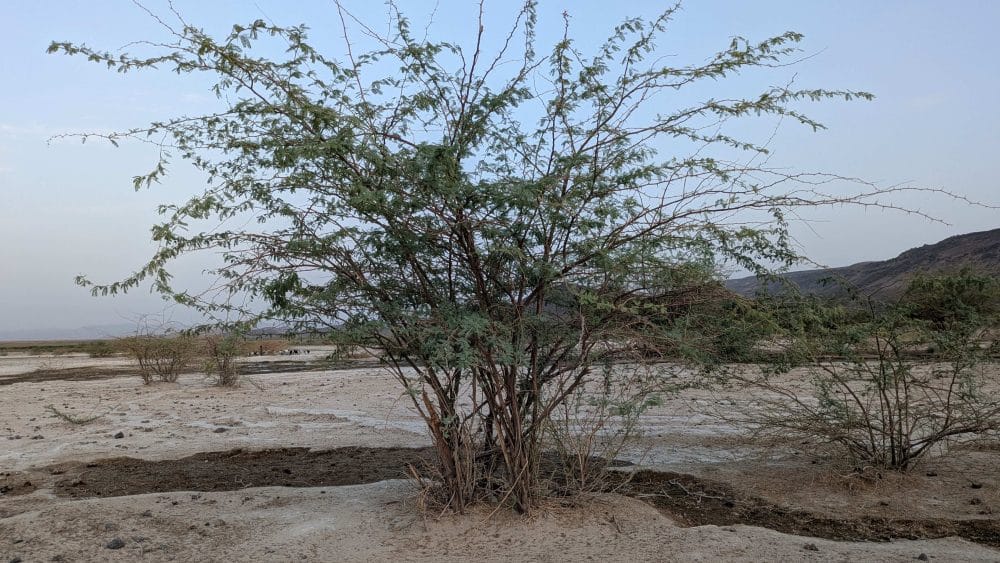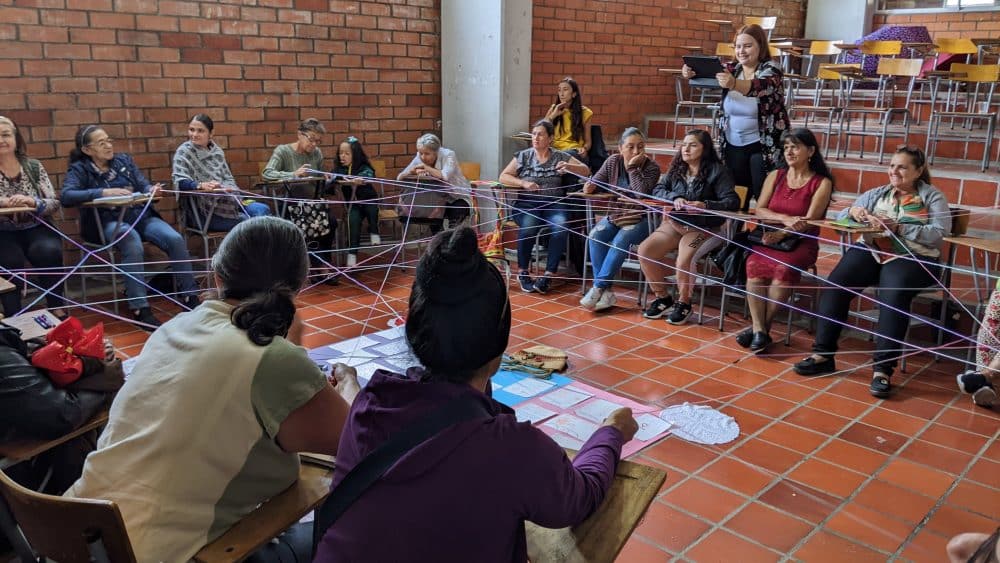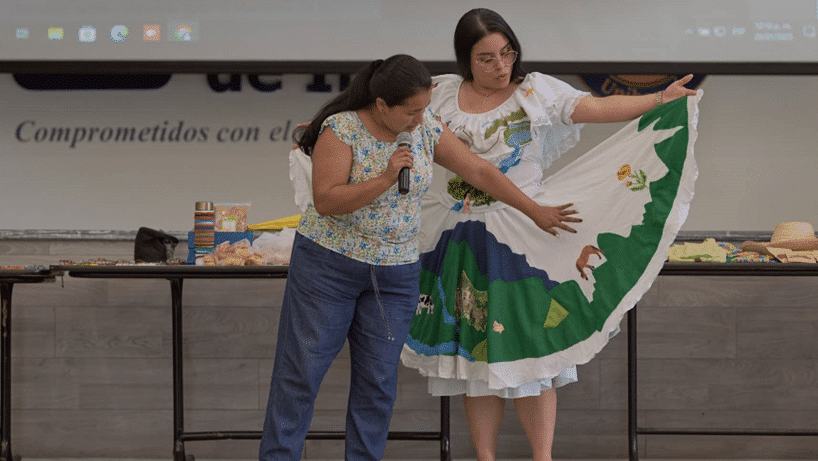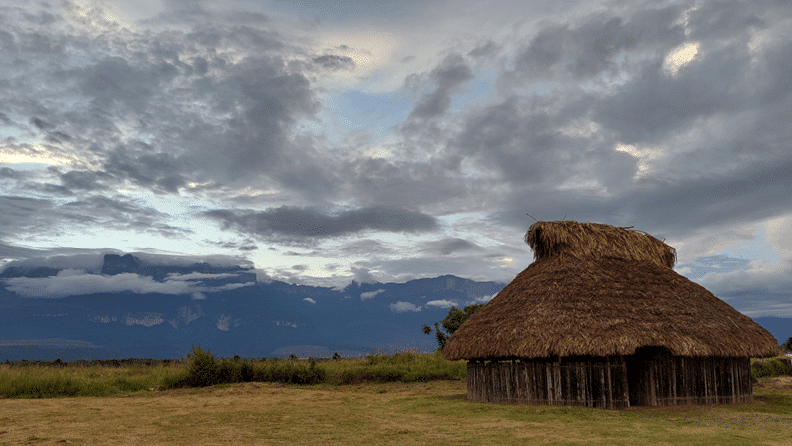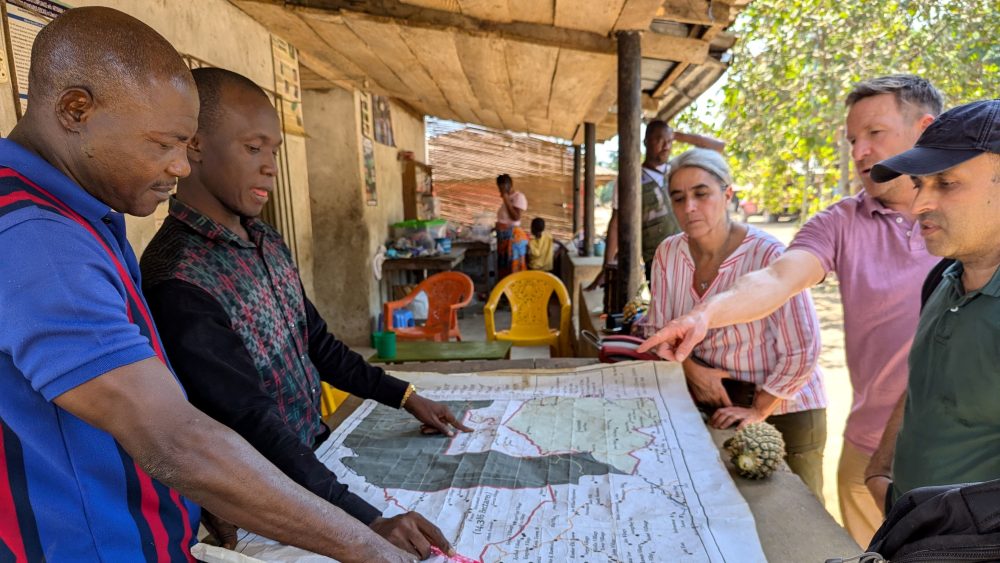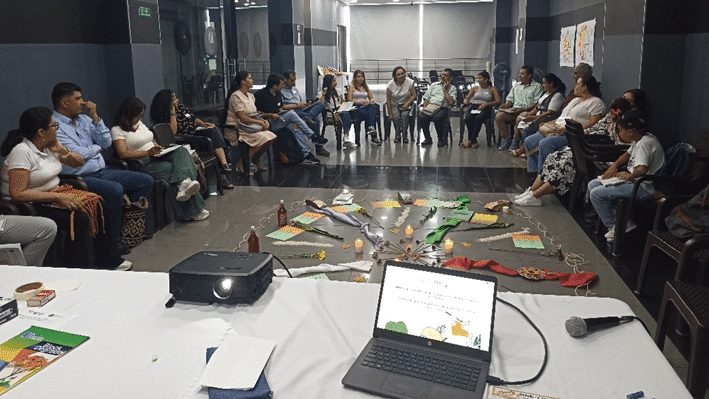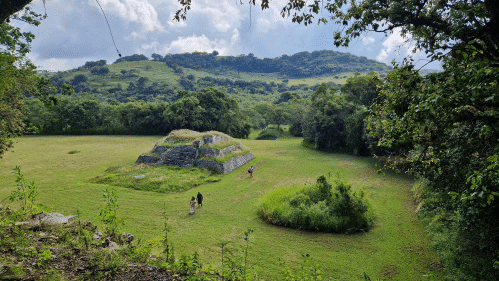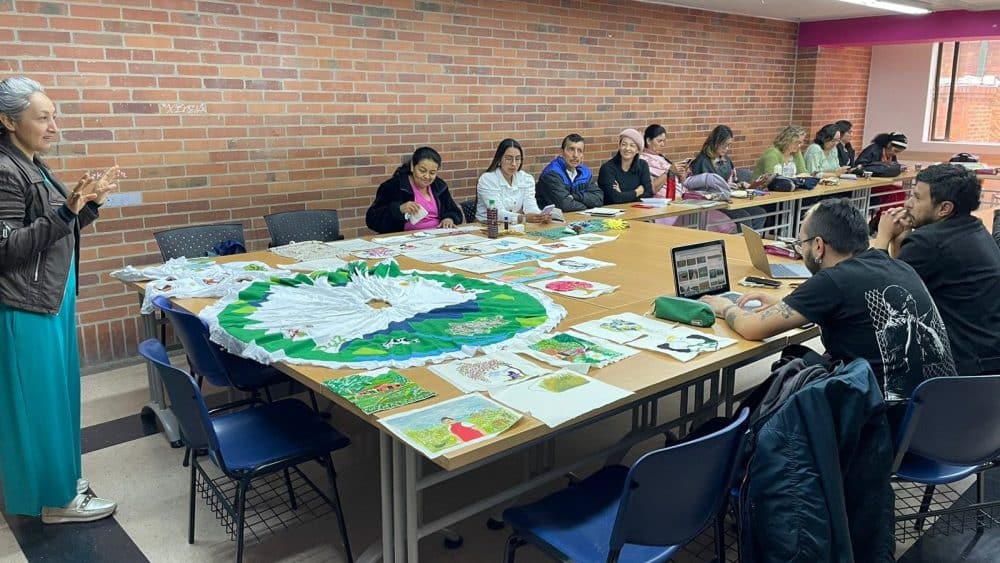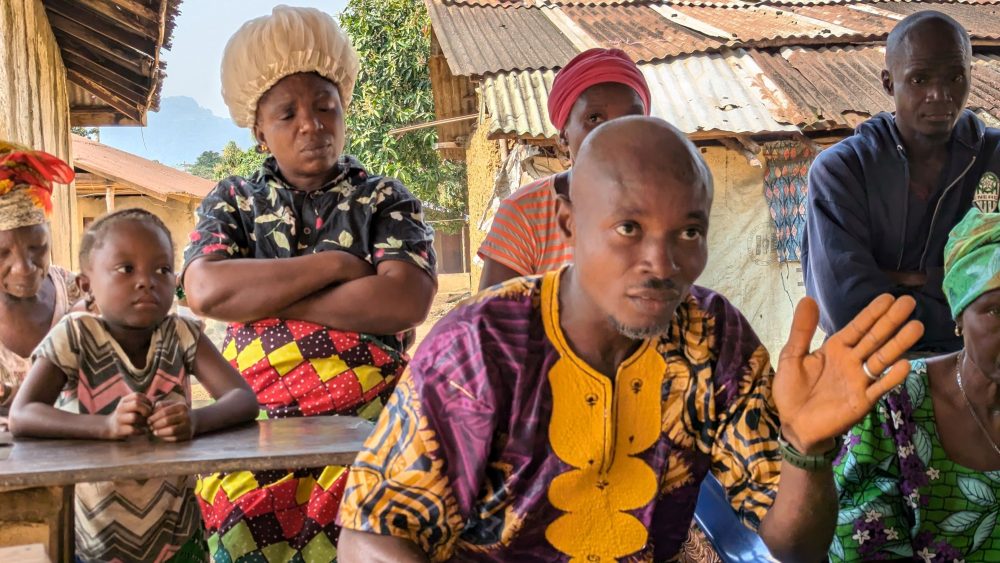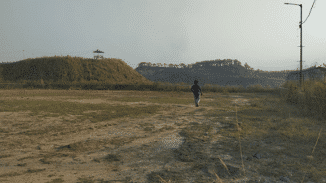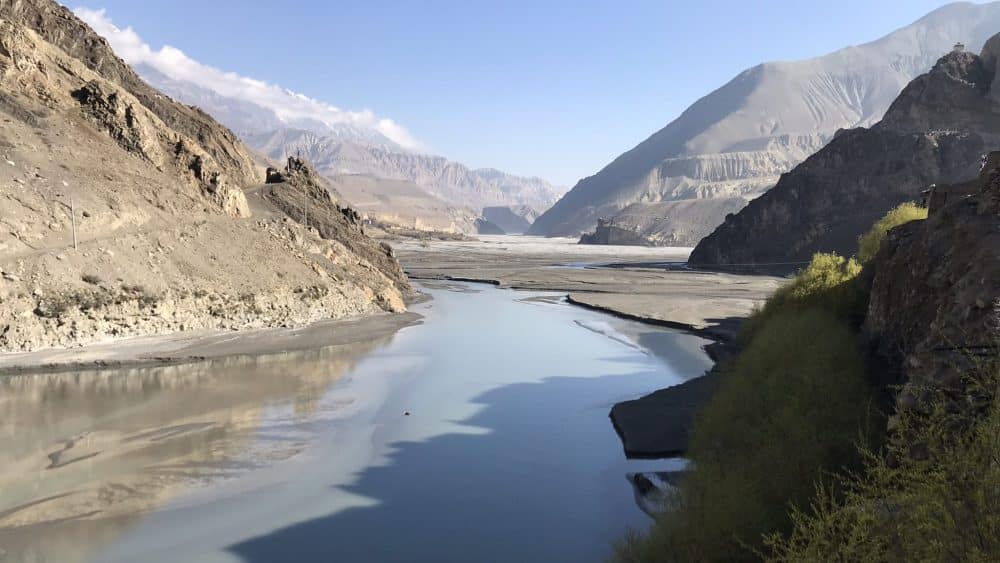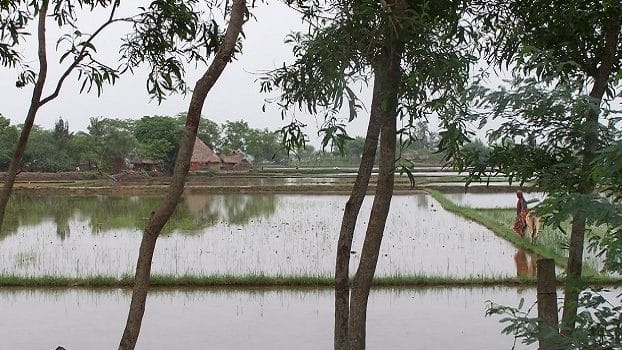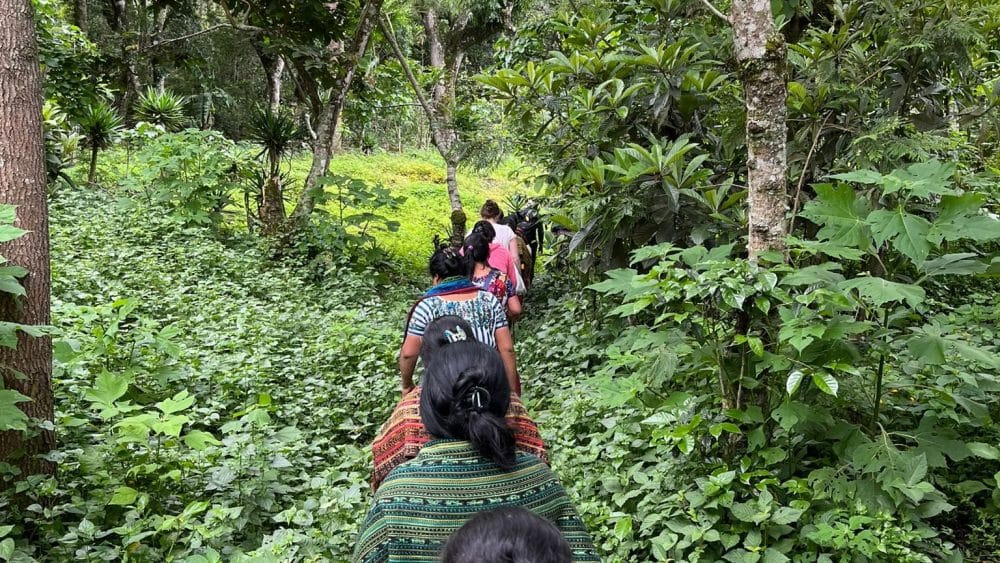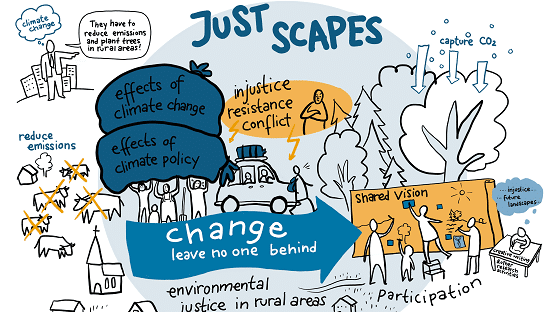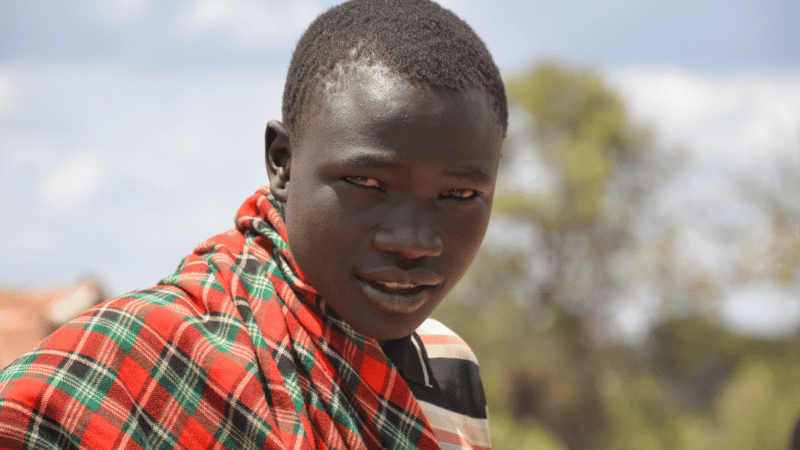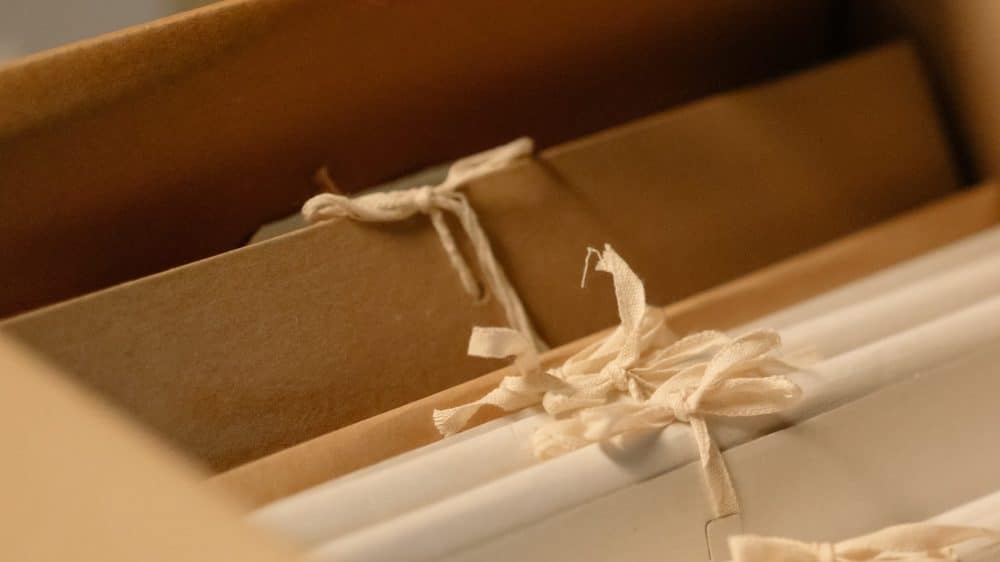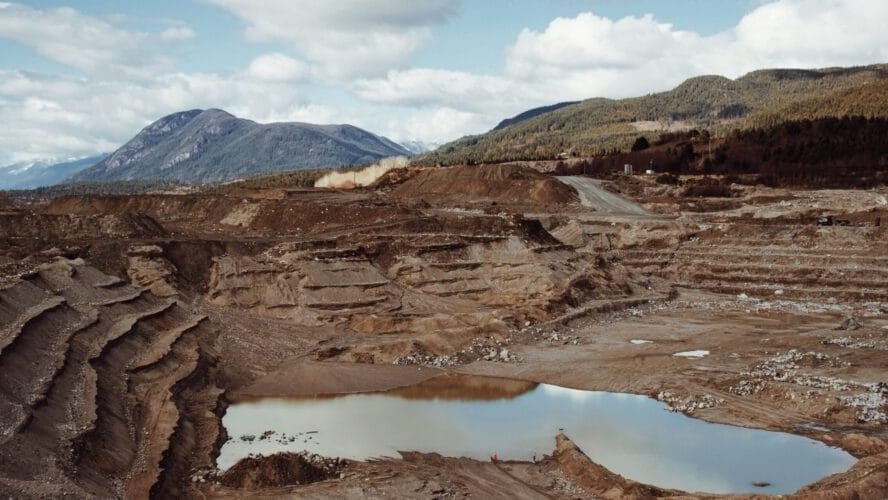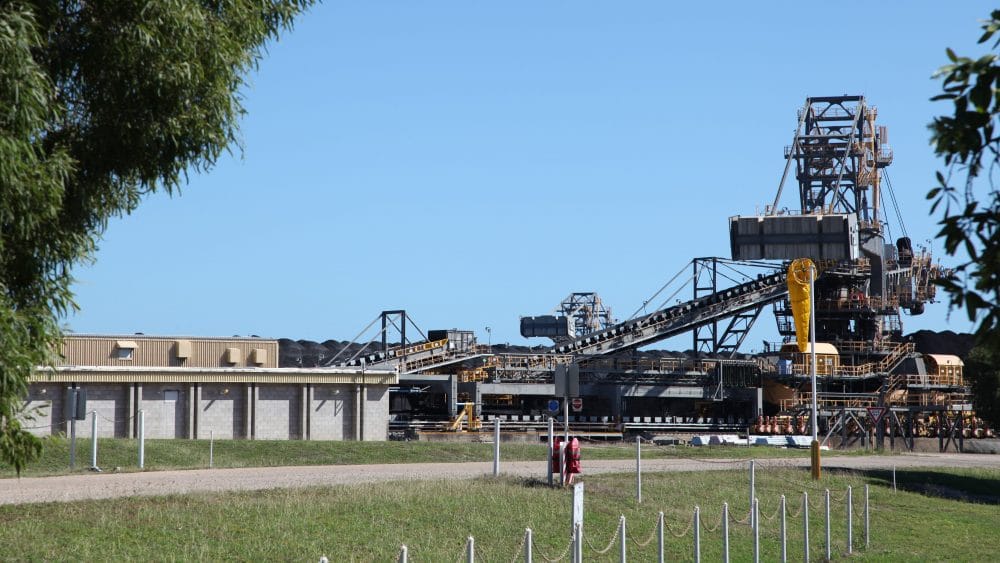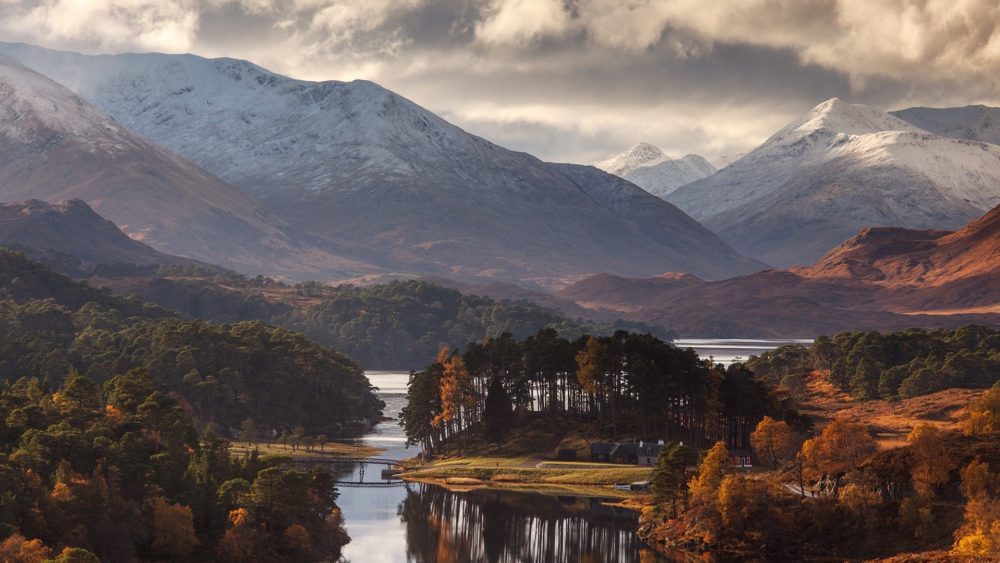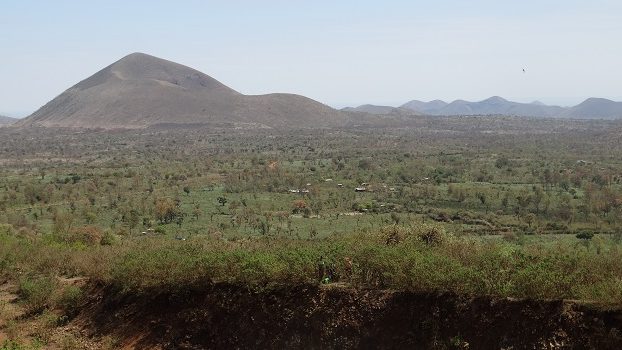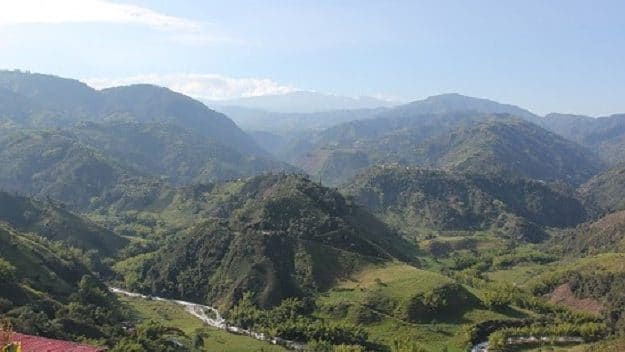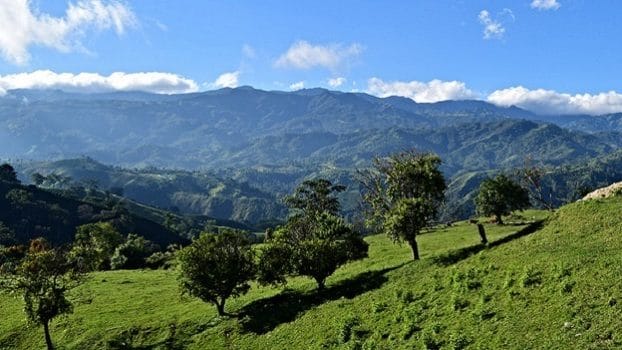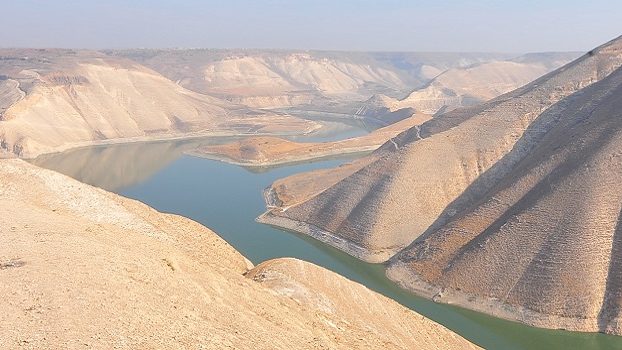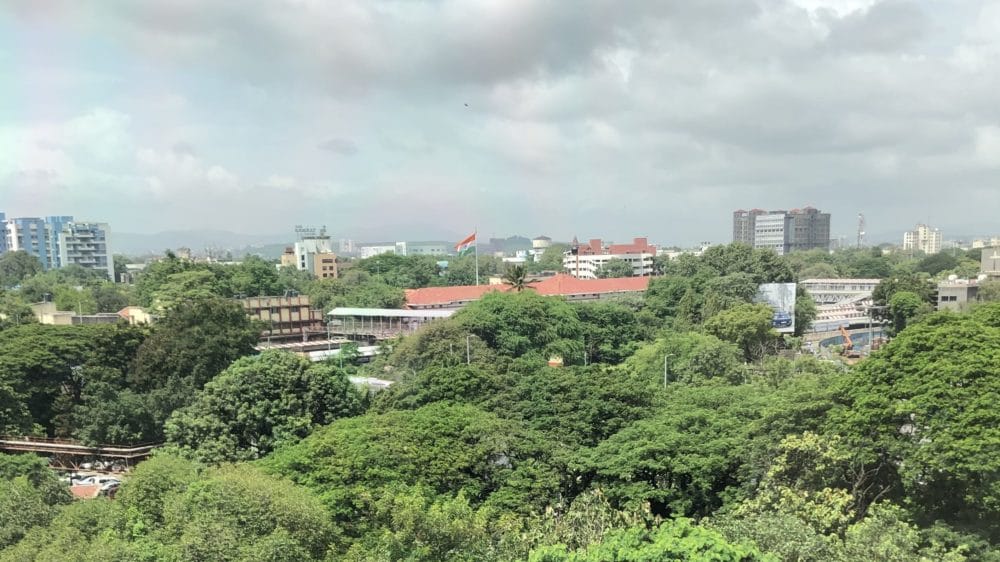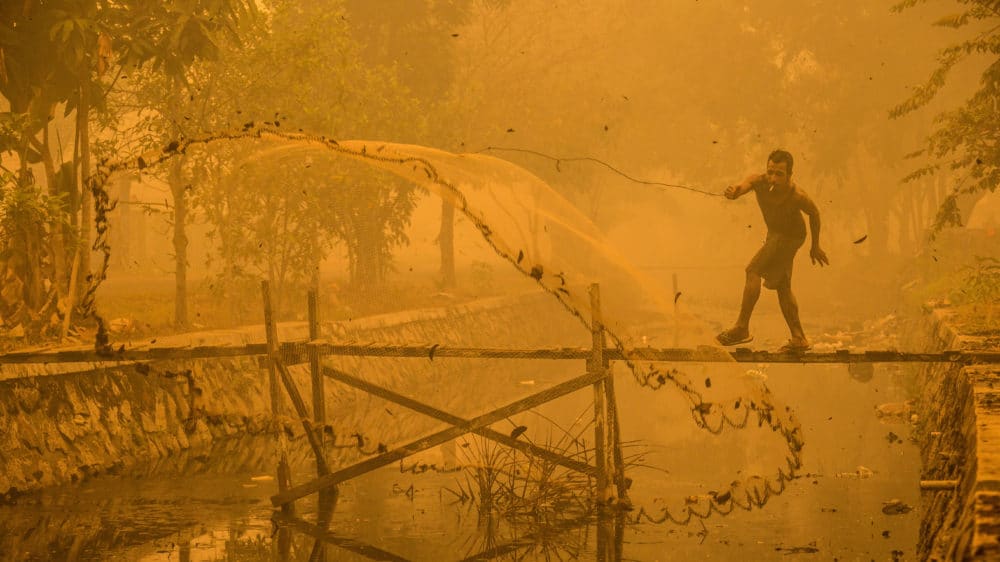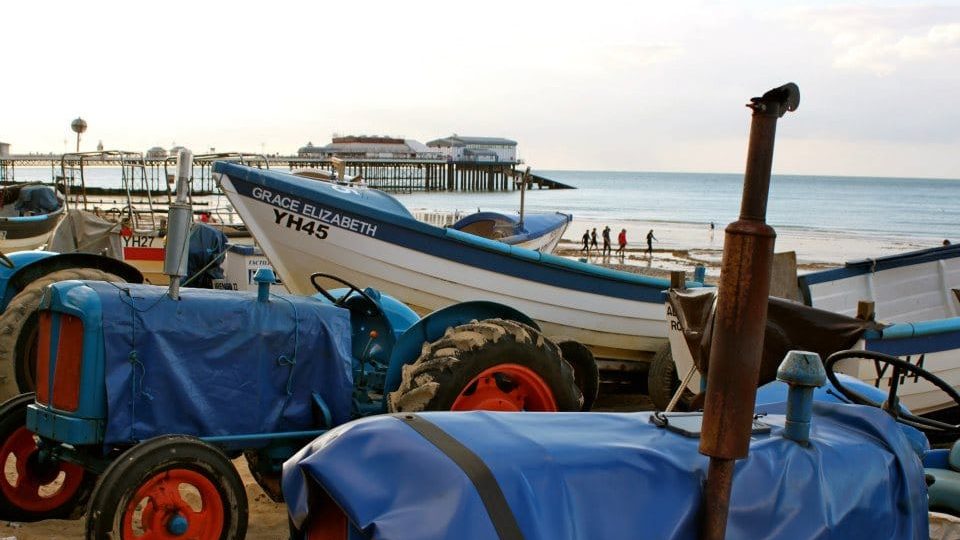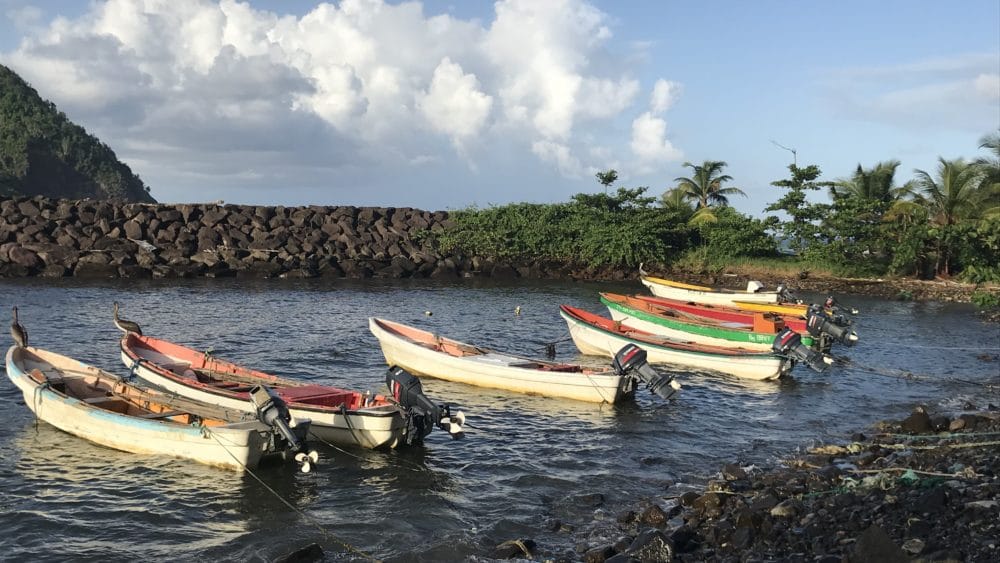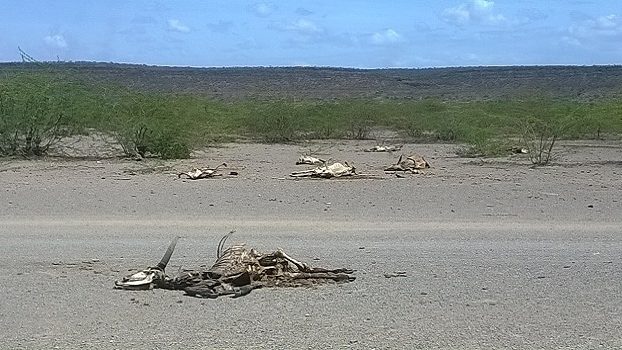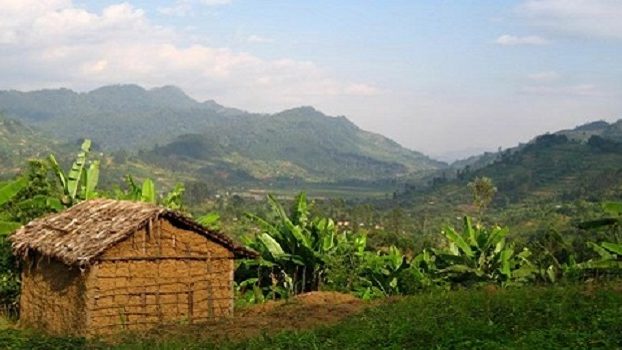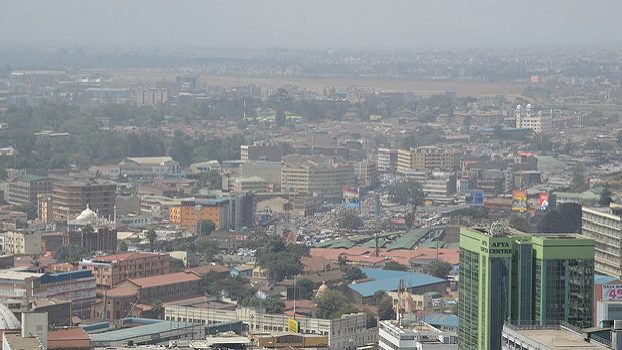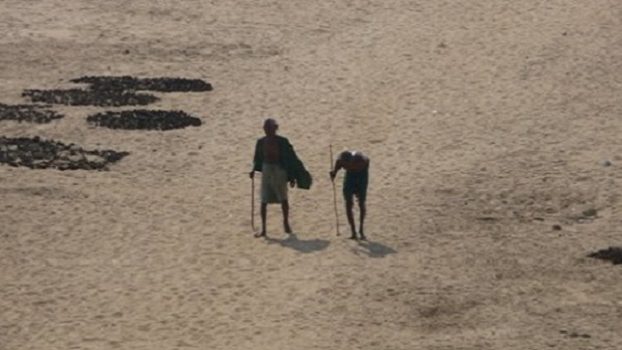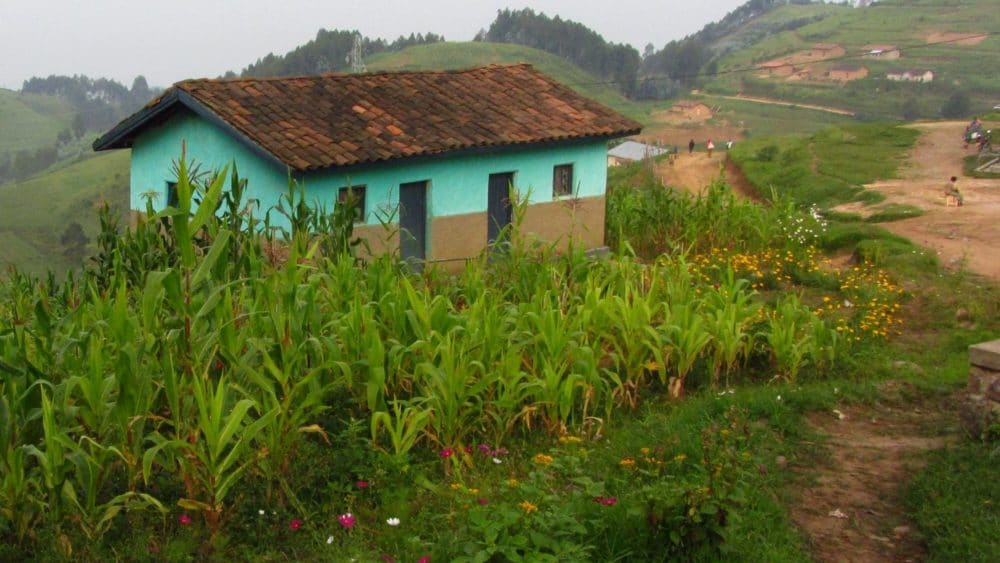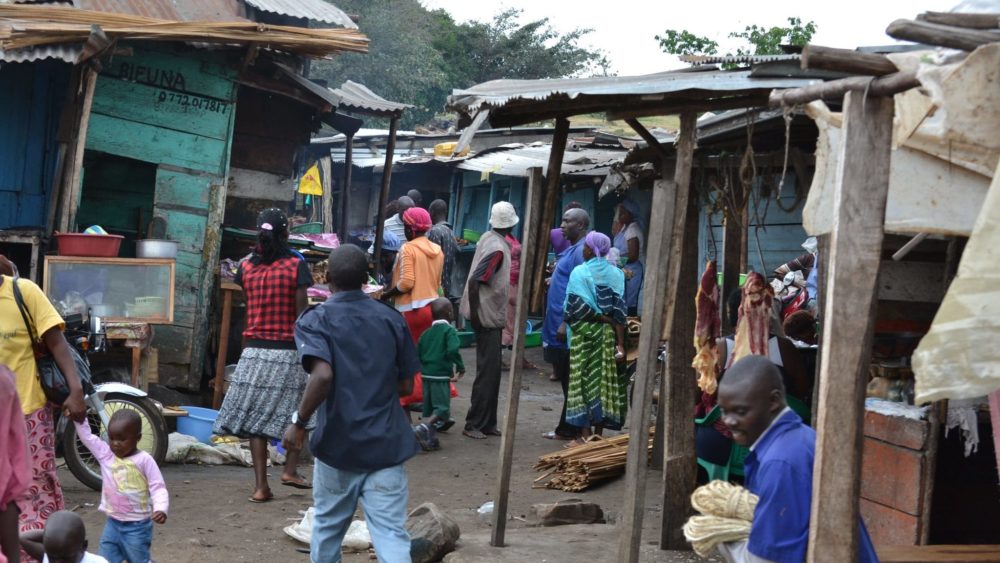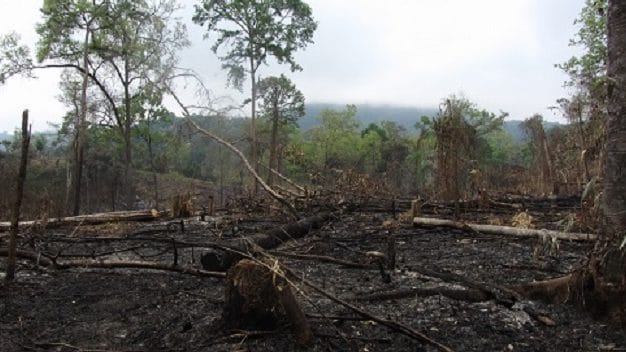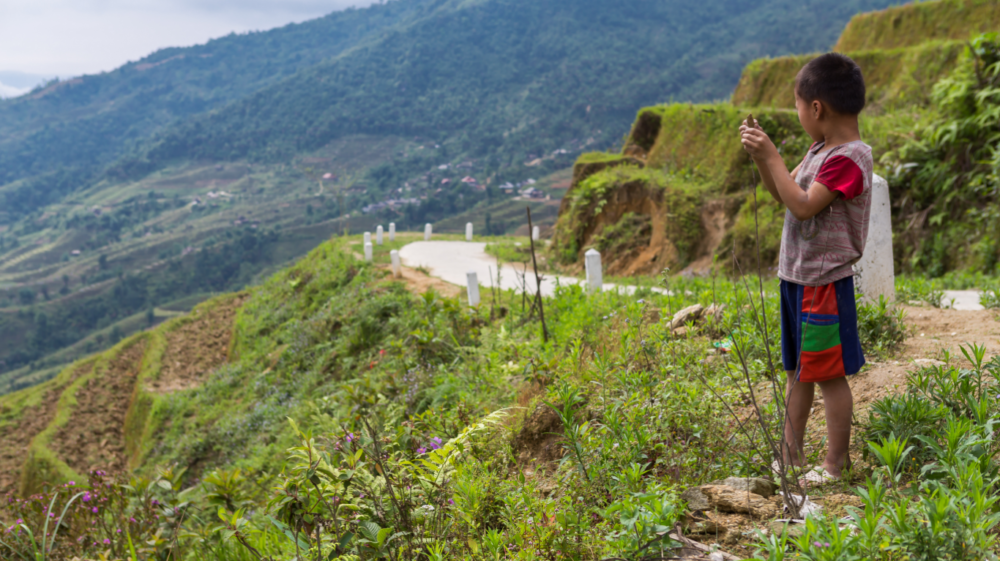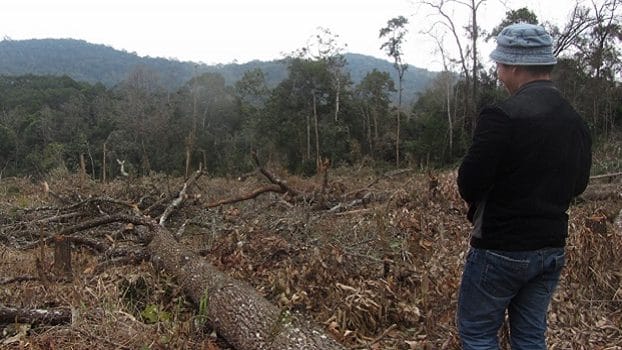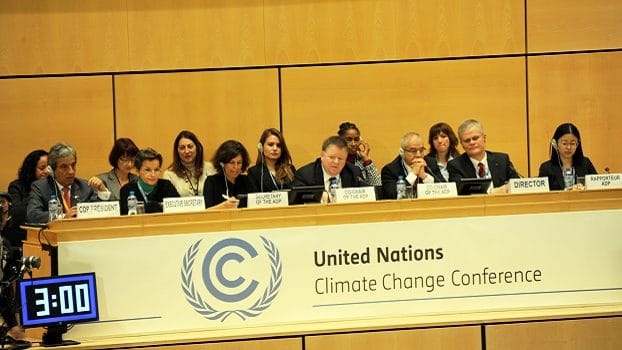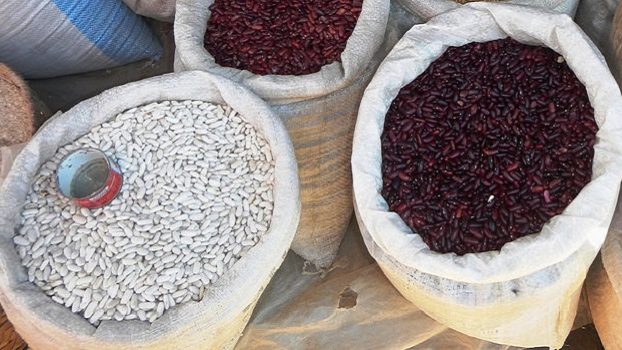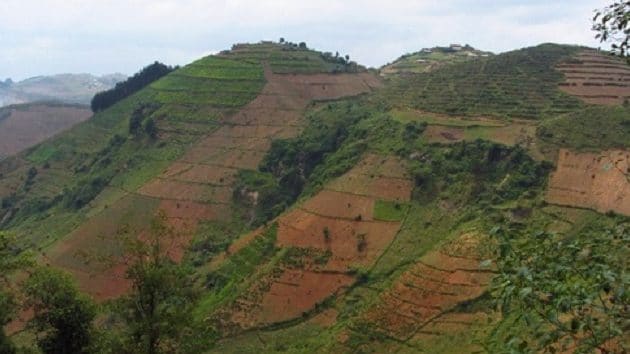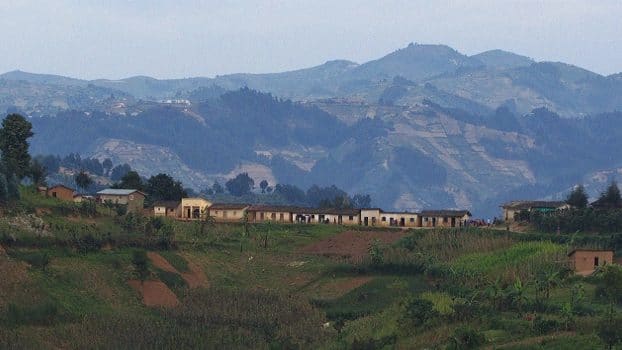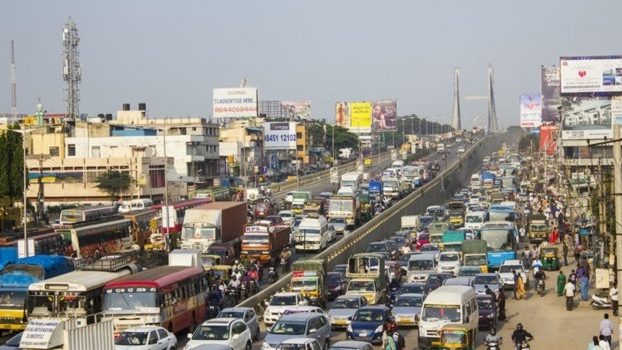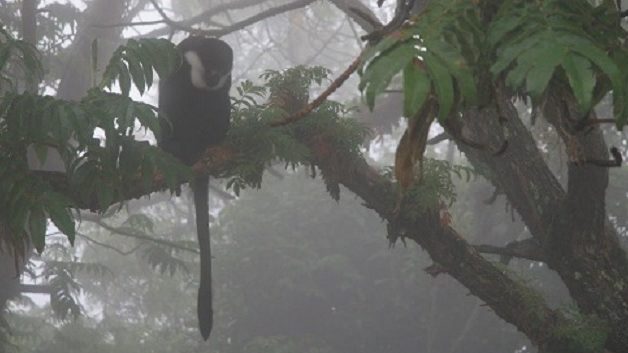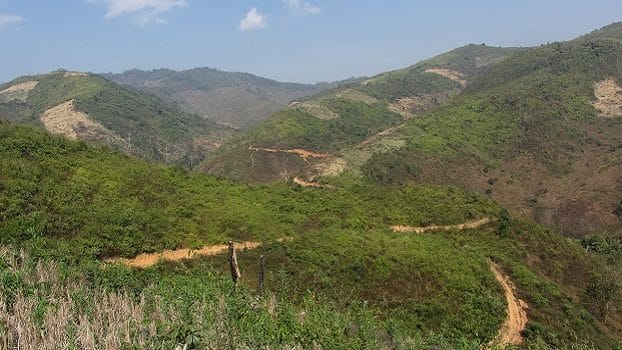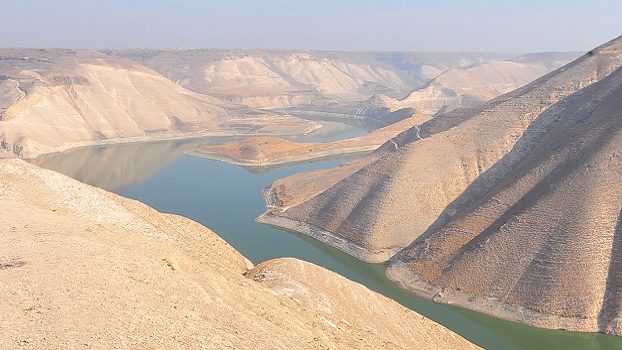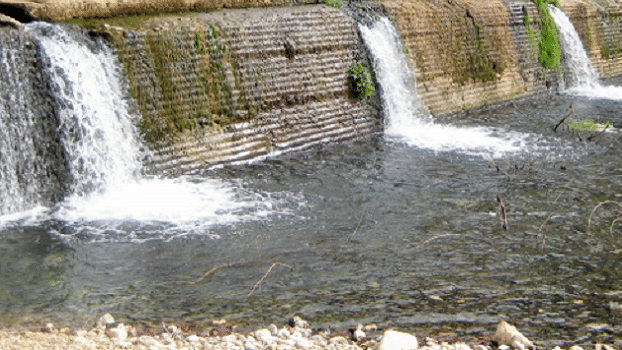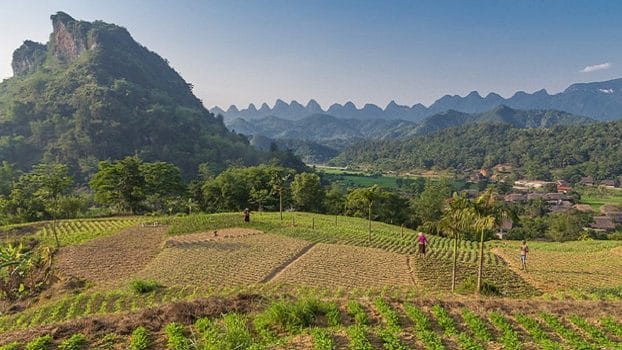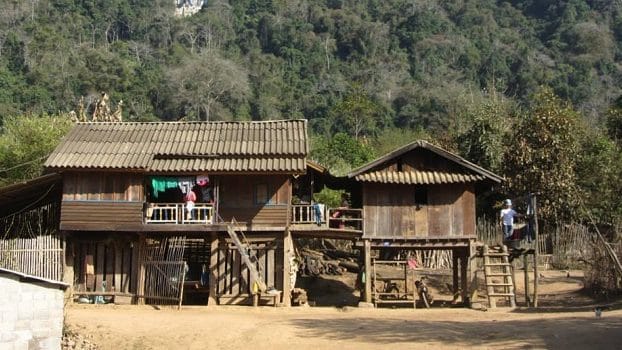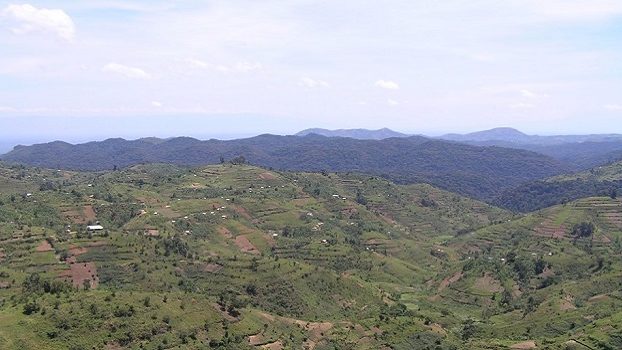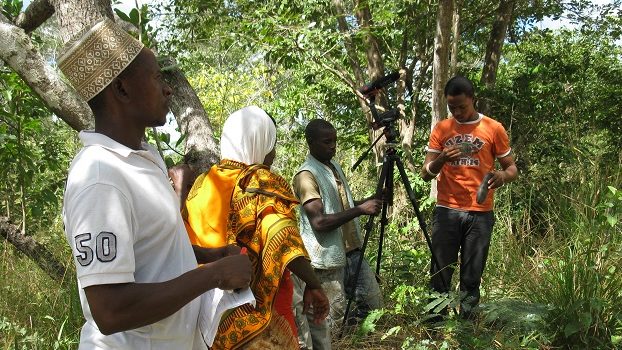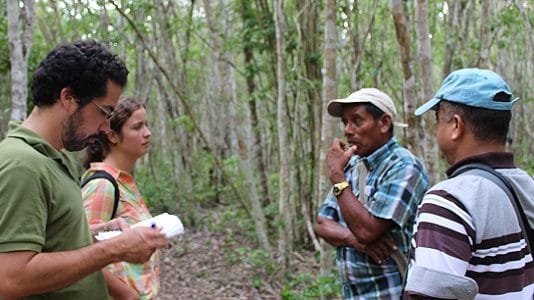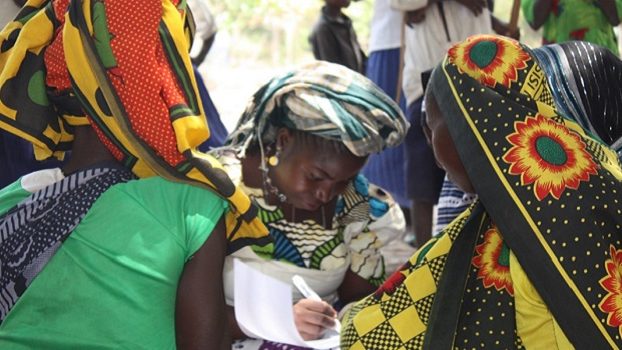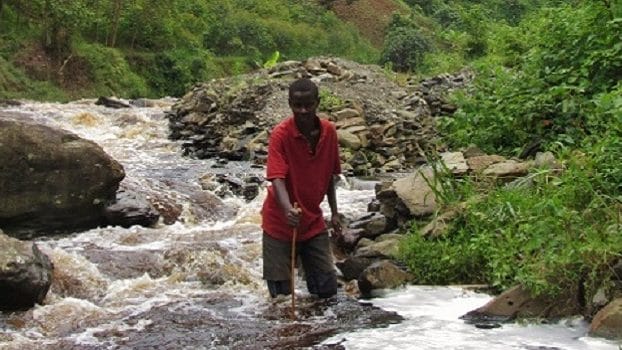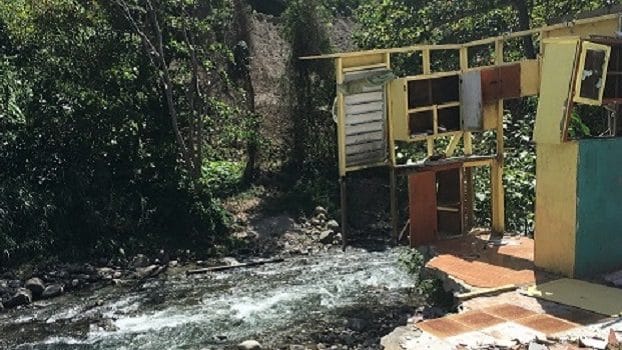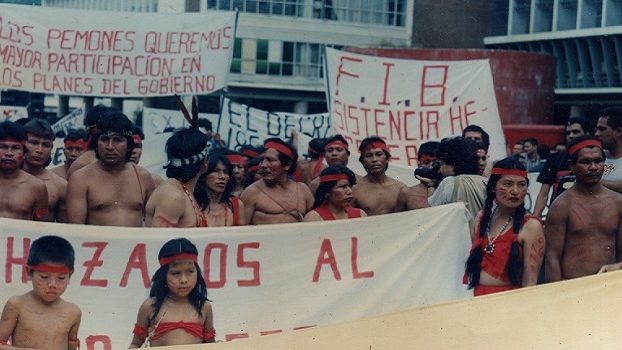The FisherCoast project (Coastal transformations and fisher wellbeing – synthesized perspectives from India and Europe) focuses on coastal transformation and the role of the state, market and private sector in shaping fisher wellbeing. Coastal areas worldwide are facing major changes in their physical landscape, the institutions that govern them and their social organization, all this posing challenges to sustainability, equity and well-being concerns. Extreme weather events, radical changes in fishing and farming systems, new forms of population migration, and competing ‘development’ priorities on the coast, pose urgent challenges we seek to study, keeping in mind the needs of fishing communities, who historically have been the main inhabitants of the coast.
The objective is to see how government laws and investment policies have reshaped the social ecology of the coast in India as well as in selected European countries, and thereby impacted fisher wellbeing. This objective is driven by our understanding that fishing communities have been the main inhabitants of the coast and depend on it for their livelihoods and are likely to be the most affected by transformations. Research subquestions are:
1. How have government policies contributed to transformation of the coast in the period 1945-present?
2. What have been the social-ecological consequences of government policies for fisheries as well as for the wider coastal area?
3. How have changes in fisheries and the use of land and sea of the coastal area impacted labour practices and imaginations of the coast?
4. What effects have coastal transformations had for fisher wellbeing (across genders and generations)?
5. How have fishers reacted individually and collectively to coastal transformations?
The research is expected to produce a range of outputs, both academic and non-academic. Apart from a series of journal publications, we will produce research and policy briefs to be shared with global and national policy-makers.
PROJECT WEBSITE
site.uit.no/fishercoast/
RESEARCH PARTNERS
– Madras Institute of Development Studies
– French Institute of Pondicherry
– Indian Institute of Technology Mumbai
– Research Centre of Slovenian Academy of Sciences and Arts
– UiT Arctic University of Norway
Crossed Lines: vulnerability to unrecognised forms of coercion and control within the Scottish fishing industry
This short animation introduces the crossed lines of communication that occur around the arrival of Filipino migrants into the Scottish fishing industry. By presenting how fishing crew and skippers each perceive their situation, we expose their different interpretations of reality and how migrant fishers are vulnerable to forms of coercion and control that are unrecognised or dismissed as unimportant within the industry.
By giving voice to skippers and crew, we spotlight how the precarious conditions of employment (through transit visas) make crew reluctant to speak out about abuse, and how abuse becomes invisible when viewed through the lens of a difficult working environment and cultural misunderstandings.
The Shauls
Through a focus on a family fishing in North Norfolk, this 12 minute ethnographic film highlights issues around recruitment into small-scale inshore fisheries in the UK. Skipper Keith Shaul and his grandsons Jimmy and Josh are crab and lobster fishermen working off the North Norfolk coast. Keith is determined to provide his grandsons with the skills to make a living independently as fishermen, whilst being acutely aware of the increasing challenges to small scale fishing families’ survival. Spending time with them at work and while they relax, we see and hear about the issues they face, and why so few young people today are considering fishing as a profession. As Jimmy makes his start as an independent fisherman, we see how essential the support from his grandfather is, highlighting the importance of family connections in fishing. New entrants outside the fishing community face greater challenges still in making a viable start as fishermen. Without external support for new entrants, particularly young people, the sustainable future of inshore fishing communities hangs in the balance. Directed and Produced by Jaime Taylor, Postcode Films. Producers: Carole White and Natalie Djohari, University of East Anglia

